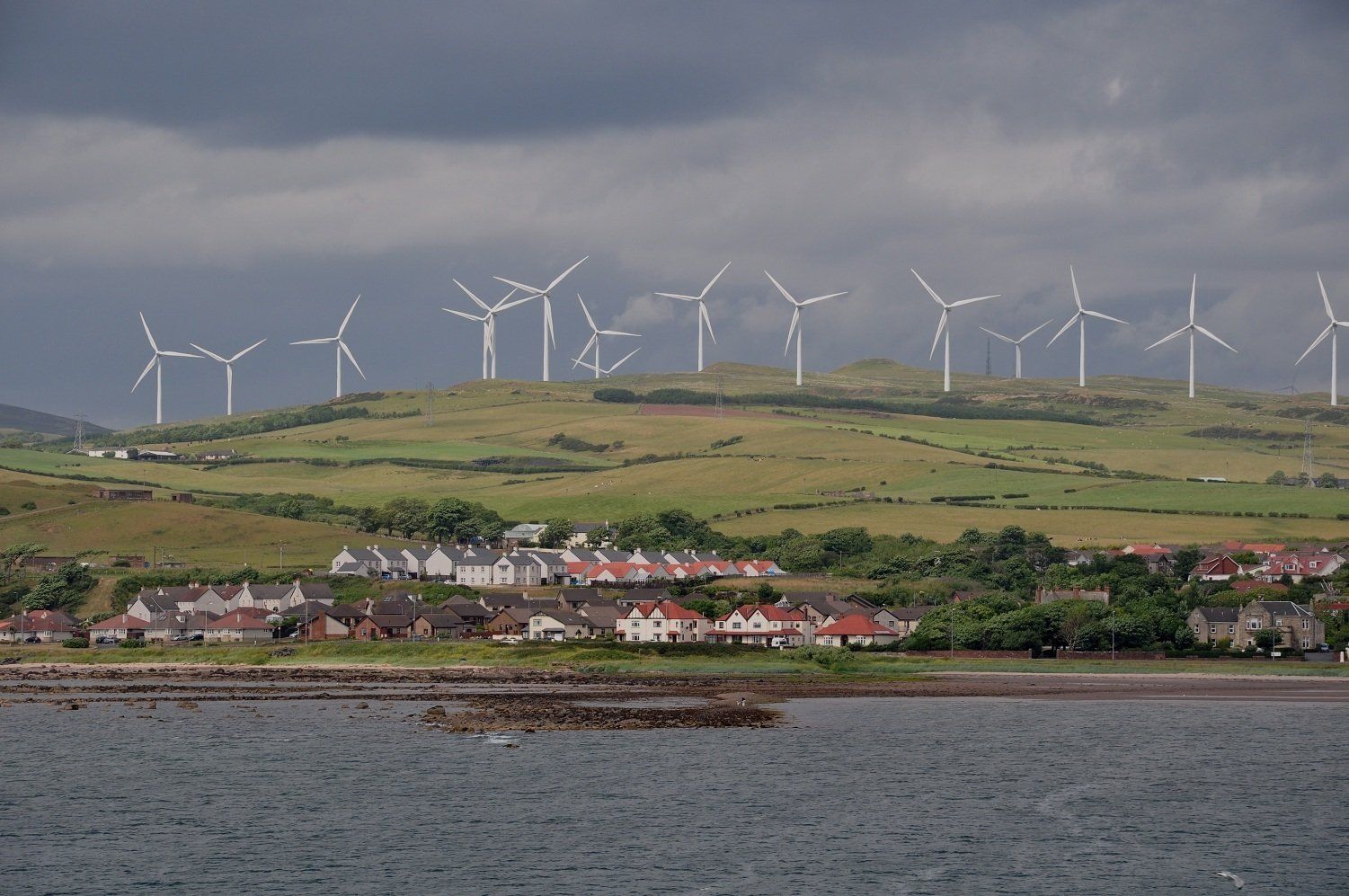More Net Zero insanity
News & Social Media / Post
The Green capture of the Tory party is complete

The Times reports that the power market is facing its biggest overhaul in decades after National Grid said that wholesale electricity should be traded at local prices that vary from town to town. The company responsible for keeping the lights on said that the radical change was needed because Britain’s national electricity market was “not designed for net zero and if left unchanged will impose excessive costs to consumers”.
At present, power plant owners can sell their electricity on the national market, even if there are not enough cables to take that power to where there is consumer demand. That is forcing National Grid’s control room to pay wind and solar farms in remote locations to switch off at times when the network cannot cope and to pay expensive gas plants closer to consumers to switch on and replace them. These “constraint” costs, which are passed on to consumers via their energy bills, have risen sevenfold since 2010 as more renewables have been built, hitting £1.2 billion in 2021.
The National Grid ESO, or Electricity System Operator, warned industry last week that keeping supply and demand in balance nationwide was “becoming more challenging” and was resulting in “dramatic and rising costs for consumers”, even with plans to build lots of expensive new transmission cables. Constraint costs could hit £2.3 billion a year by 2026 without market reform.
Wind energy has already created massive problems for the grid and expanding capacity only exacerbates those balancing problems. This latest proposal is an attempt to disguise the problems wind energy creates.
There is an inherent conflict between the idea of diffuse, local generation and the national grid as currently constituted. It was set up to take a few, large generators from a limited number of locations, and distribute power nationally. Now it is being asked to take small packages of power distributed over a vast range of sites, and still perform the function of ensuring equal distribution of power throughout the nation.
This is something for which the grid was not designed to do, and to make it fit for purpose would require tens of billions of pounds. This money is simply not available and, if it was factored in, it would be seen as part of the cost of renewables provision, pricing it out of the market.
Therefore, National Grid is trying to find solutions on the cheap, without admitting that the system is fundamentally incapable of handling a diffuse, renewables-based generation system. As always, our entire generation system is being built on the basis of dishonesty, pretending the system can do something which it cannot. Local pricing is just dumping because they’ve built energy generation where it cannot be usefully utilised.
The Times has it that a new system would encourage energy-intensive industries to be located near wind farms around the coast or in Scotland to take advantage of cheap wholesale prices for electricity that might otherwise be wasted. That assumes they can afford the inherent transport costs that go with being in a remote location. But it’s quite telling that the economy is being geared around the needs of the Net Zero ideology rather than building a grid to meet the needs of the economy. Moreover, this is in direct conflict with the government’s free ports programme.
In reality, this will create an energy price postcode lottery, which energy retailers will spin to incentivise residents in more remote locations to consent to more useless windmills the rest of us will have to pay for.
For the last seven days now wind energy has barely mustered 1GW, supplying a mere 2% of demand, with nuclear and gas doing all the heavy lifting. The cold reality is that wind cannot be relied upon, nor can it be economically integrated into the grid, and Net Zero ambitions simply will not come to pass. Quadrupling wind capacity means quadrupling the amount of dispatchable back up (gas) to cover these long wind outages, or battery storage for something in the range of 24 – 30 days of average usage.
Since battery storage is in its infancy, and prices of materials skyrocketing, as technically unfeasible it is, it is not going to come in any cheaper. Far from it. We’re already set to spend billions on batteries, but this capacity will cover only hours, not days.
Green blob energy wonks are insisting that wind energy is the cheapest form of generation, but only by ignoring the fact that the cost of gas generation is increased by a third due to carbon taxes, ignoring the subsidy bill for renewables, and by lying about the cost of grid “upgrades”. They won’t say how much storage is actually needed or what it is likely to cost, and most of the industry figures are deliberately massaged to mislead politicians. When green wonks talk about “grid upgrades” they mean expensive mitigation of problems they created.
Depressingly, there is no hope of sanity prevailing in the near future. Boris Johnson is pressing ahead with plans to quadruple wind energy, while we learn today from Conservative Environment Network that half of the Conservative Party’s backbenchers support the green agenda. This is very far from the Brexit government elected in 2019. The mask has slipped and the establishment is reverting to business as usual. That can only mean disaster.
Recent National News











